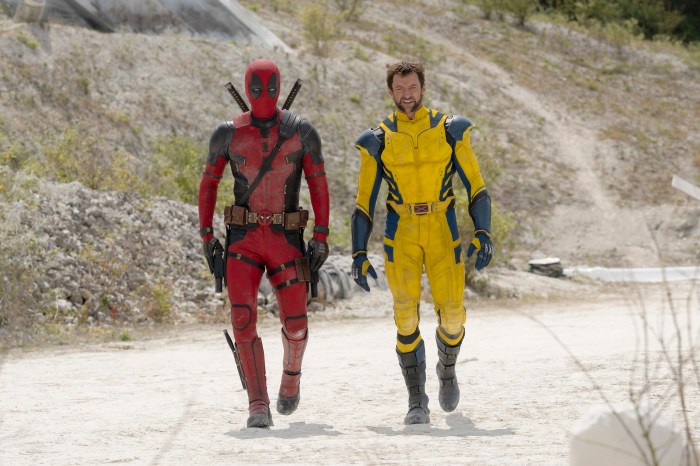China is a bit of a mystery. Yesterday, it was home of the Cultural Revolution and the commie threat. Today it’s an economic world-leader, host of the 2008 Olympic Games and soon-to-be tourist hot spot.
So, you ask — what’s it like backpacking through this Asian giant? Well, here’s a cheat sheet on how to survive the Chinese capital of Beijing:
• When in Beijing there’s so much to see: Tiananmen Square, the Forbidden City, the Temple of Heaven, the Great Wall and the Mao Mausoleum. On a map, attractions may look walkable, but the city is spread out and “just a few more blocks” could turn into an epic journey. Touring by bicycle is one of the best ways to see the city. It’s cheap, local and you get to work-off last night’s Peking Duck.
• Chinese food in China is totally different from the deep-fried, MSG soaked goodness we’re accustomed to here. In Beijing, cuisine is more dim sum than spring rolls and fortune cookies.
• When ordering scorpions and silk worms at the Donghuamen night market, ask the price before you order. Like almost everything else in China, you can bargain with vendors for food.
• Bargaining in Beijing is an art. Vendors have been known to grab, pressure or guilt you into buying. While shopping for knock-off Dolce & Gabbana coats, I learned to slash prices and start the bidding ridiculously low. I selected a cream coloured coat. The saleswomen quoted 900 Yuan ($125). I laughed at the outrageous price and counter-offered 50 Yuan (about $7). She feigned insult. We bargained. I faked walk away. She called after me. We finally settled on 100 Yuan ($14).
• Locals, especially those visiting from rural parts of the country, seem fascinated by foreigners. We North Americans are a novelty, so don’t be alarmed if you get a few curious fans wanting to practice English or snap a photo.
• Since English isn’t widely spoken, getting around can be tricky. “Taxi” written in both Mandarin and English will really help. Tourists should also have their hotel name and address written out in Mandarin.
• On a sightseeing bus tour, I asked my guide about the 1989 Tiananmen Square protests. Her face went blank. Though she was fluent in English, she suddenly had a hard time understanding. Operators must follow government-sanctioned tour guidelines, so take tour information with a “grain of salt.”
• Tourists must have a visa to enter mainland China. These 30-day visas are available at Chinese consulates or embassies. Drivers, often new to Beijing, may not know the city or understand where, exactly, you want to go.
A map, with street names in English and Mandarin, is helpful.
Visit www.cnto.orgfor more information.
Julia Dimon, a Toronto-based freelance writer, is travelling around the world. She can be reached through www.thetraveljunkie.ca.
















